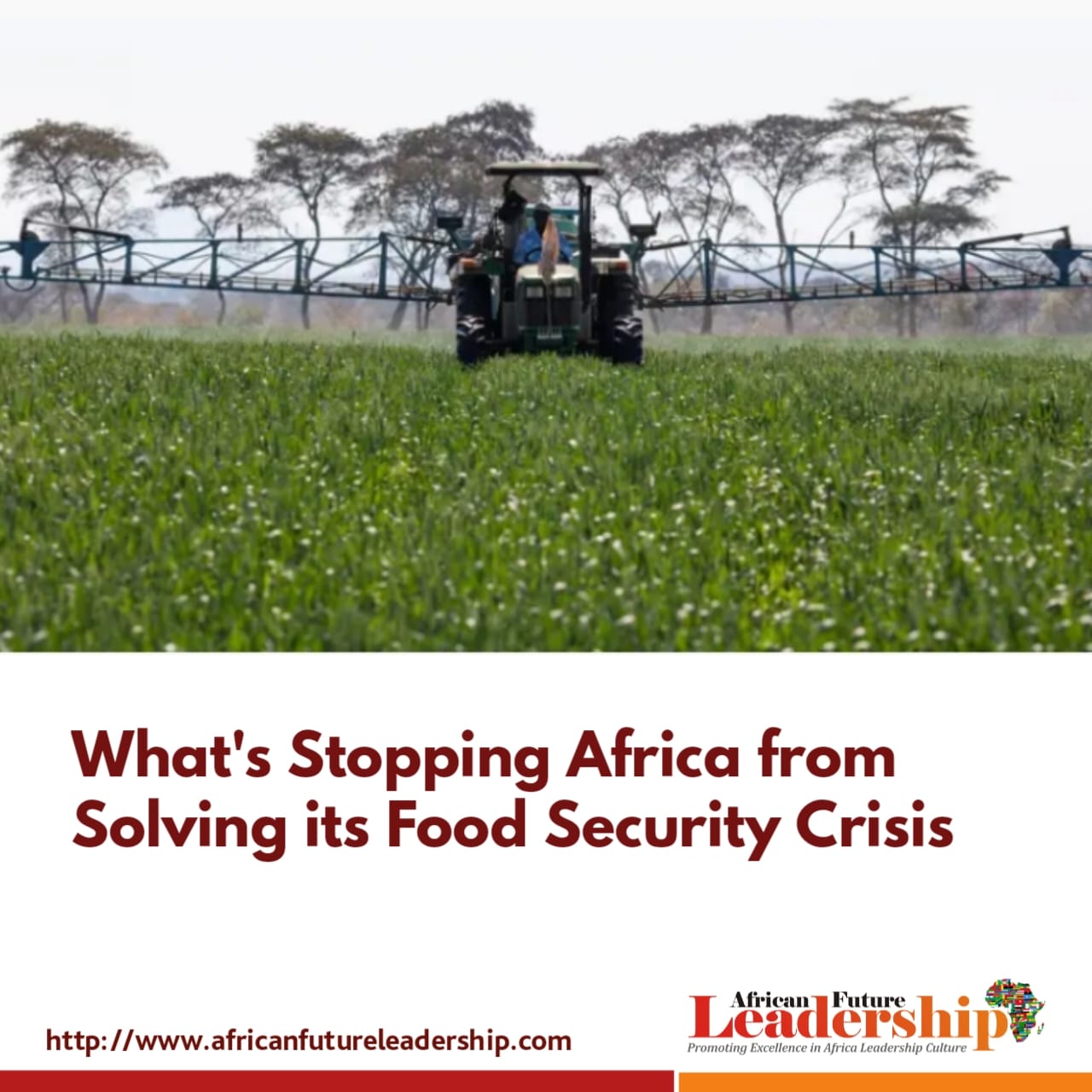By our Correspondent
It has been reliably gathered that, at the Africa Financial Industry Summit that held in Lome, Togo, this week, it became apparent that investors’ appetite for financing African agricultural projects is not a problem.
Rather, the challenge is finding an African country whose supply chains, policies, and regulations attract promising investment, without windows of legal restrictions.
JD Diabira, CEO of Westbridge, a Canadian trading house that expanded to finance agriculture in Africa five years ago said, germanely, “We learnt very painful lessons in Ivory Coast.”
He added: “But we managed to set up a soya bean enterprise in Togo two years ago. In the first year, we made $800,000. Six months later we did $9 million. We are looking at $23 million this year.”
And as the demand for quality organic soya is high in Canada, Westbridge began working with Togolese farmers to produce the crop. The company provides them with free cash for seeds, fertilizers, machinery, pesticides, and technical assistance. When it is time to harvest, farmers sell the produce exclusively to Westbridge, which pays double the local price. Thus, “Instead of giving away a ton for $700, we buy at $1,500,” Diabira says. The company then sells it to Canadian costumers.
However, overall, agricultural enterprises in sub-Saharan Africa face a $74.5 billion funding gap, with the continent largely to blame for its food security woes.
READ MORE: South African Charlize Theron Breaks Social Media Silence after Afrikaans Drama
Fake seeds, for instance, cost Kenyan farmers millions of shillings after they failed to germinate, badly damaging both the reputation of the company that sold the seeds, and the country itself.
In Uganda, an estimated 30% of the seeds on the market are fake.
So, the problem of counterfeit agricultural products is widespread and doesn’t just affect seeds, but also fertilizer and pesticides, lowering investors’ confidence.
Again, governments that have been unable to provide a sound regulatory environment have become part of the problem.
Notably, the continent boasts 60% of the world’s uncultivated arable land, yet it remains a perennial importer of food that is unable to adequately feed its population.
As at the time of this report, one person has died of hunger in east Africa, and this happens every 48 seconds around Africa
Therefore, Africa is seriously straddled with food crises, and a clarion call hereby goes out to all its leaders, throughout the continent, to wake up and make the best of its vast arable land to bring hunger to abatement, and even begin to impact the world’s 8 billion population today.




